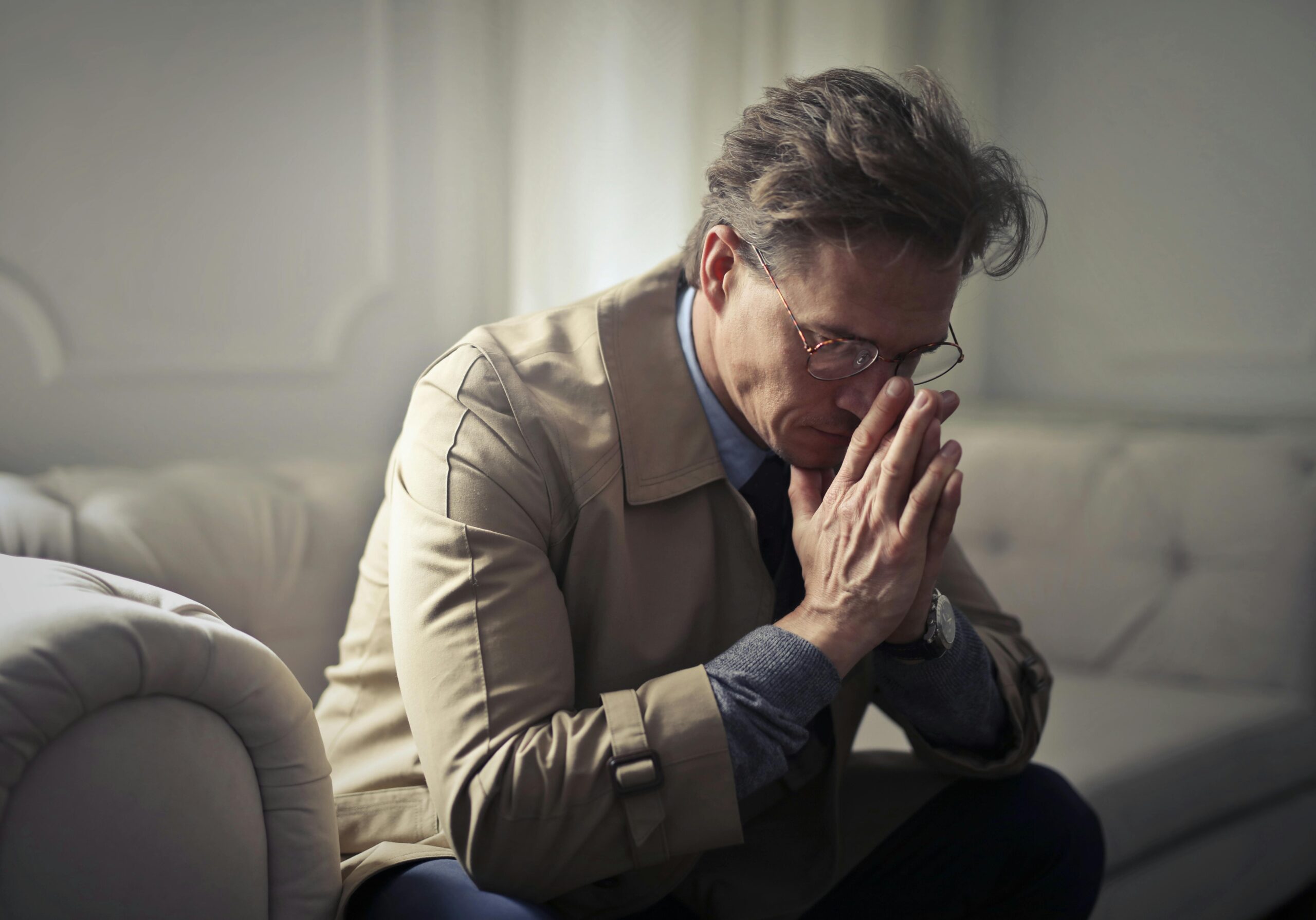Online support from Clear-Clarity Counselling Services in Gillingham Kent
Are men and women so different?
There are many differences and similarities to men and women when it comes down to mental health challenges. I wanted to outline some of them here, to help you in your journey.
Anxiety disorders
Women are more likely to develop anxiety disorders. They experience
higher lifetime diagnosis rates for all anxiety disorders.
The exception to this being social anxiety disorder, which occurs at the same rate for
both men and women.
Typically men are less likely to seek counselling for anxiety-related problems.
Men can downplay their anxiety and avoid acknowledging it. This can
stop them from engaging or seeking help as they may not want to
appear vulnerable.
Although I must stress it is becoming far more open. I do believe the
‘Get men talking’ campaign has had a big impact and is beginning to
help everyone view things differently.
Anxiety and substance abuse
Men may be more prone to using substance abuse (such as alcohol or
drugs) as a coping mechanism for anxiety. This behaviour can
exacerbate the underlying any conditions including mental health.
From my experience, women engage more in rumination and catastrophising about
their worries — which can intensify anxiety. This is not to say that
women do not engage in substance abuse as a coping mechanism, nor
that men do not engage in rumination or repetitive thinking.
Social and environmental triggers
Women often experience anxiety related to relationships, family, and
social contexts. This can contribute to their overall anxiety levels. I will
however point out that today workplace performance can cause the
same triggers for all genders.
Men, while affected by similar stressors, may also face anxiety related
to workplace performance and societal expectations.
It was in days gone by that the expectations of men to ‘be the
breadwinners’, which can still have an impact on how men may view
their societal position, thus putting more pressure on themselves to
work harder and longer.

Hormonal changes
Hormonal fluctuations play a role in how anxiety manifests. For example:
Premenstrual syndrome (PMS) can heighten anxiety in women due to hormonal
changes during the menstrual cycle.
Pregnancy can increase anxiety due to both hormonal changes, physical changes
and worries about the future of the child/children.
“Menopause” can also heighten anxiety due to hormonal changes and to the loss of
youth as was known in their younger years.
Testosterone levels in men may also impact anxiety responses. As can the loss of
youth described above.
Male Menopause (Andropause) can also play a role in anxiety, this could be due to
lack of sleep, erectile dysfunction or loss of sex drive and can have a significant
effect on mental health.
Effects of abuse
Abuse has been linked to higher levels of anxiety disorders. Child abuse (ACES) for both sexes can have an impact on brain structure and chemistry.
While anxiety affects all genders, the specific ways it manifests, and the coping
mechanisms employed can certainly differ. Understanding these gender-specific
patterns can inform better mental health support and interventions.
Research continually explores anxiety differences between the sexes and the
effectiveness of different treatments for anxiety.
There are still many people of both sexes who keep their anxiety a secret because of
the stigma attached to it.
Raising awareness about anxiety disorders
Raising awareness through psychoeducation and open conversations on all media
platforms will hopefully encourage dialogue to reduce the shame felt. In the future I hope all sexes will be able to access help to live a fulfilling life.
The conversation around mental health is now far more open but there is still some way to go. Share this blog post with a friend to help keep the conversation going.

About the Author
My name is Linda Thompson, I am a qualified and insured counsellor working in Gillingham and Medway, Kent. I support people with all kinds of issues, from bereavement to anxiety, divorce, trauma, abuse and coping with the general stressors of life. Please get in touch to book a session with me. Join me on Facebook.

